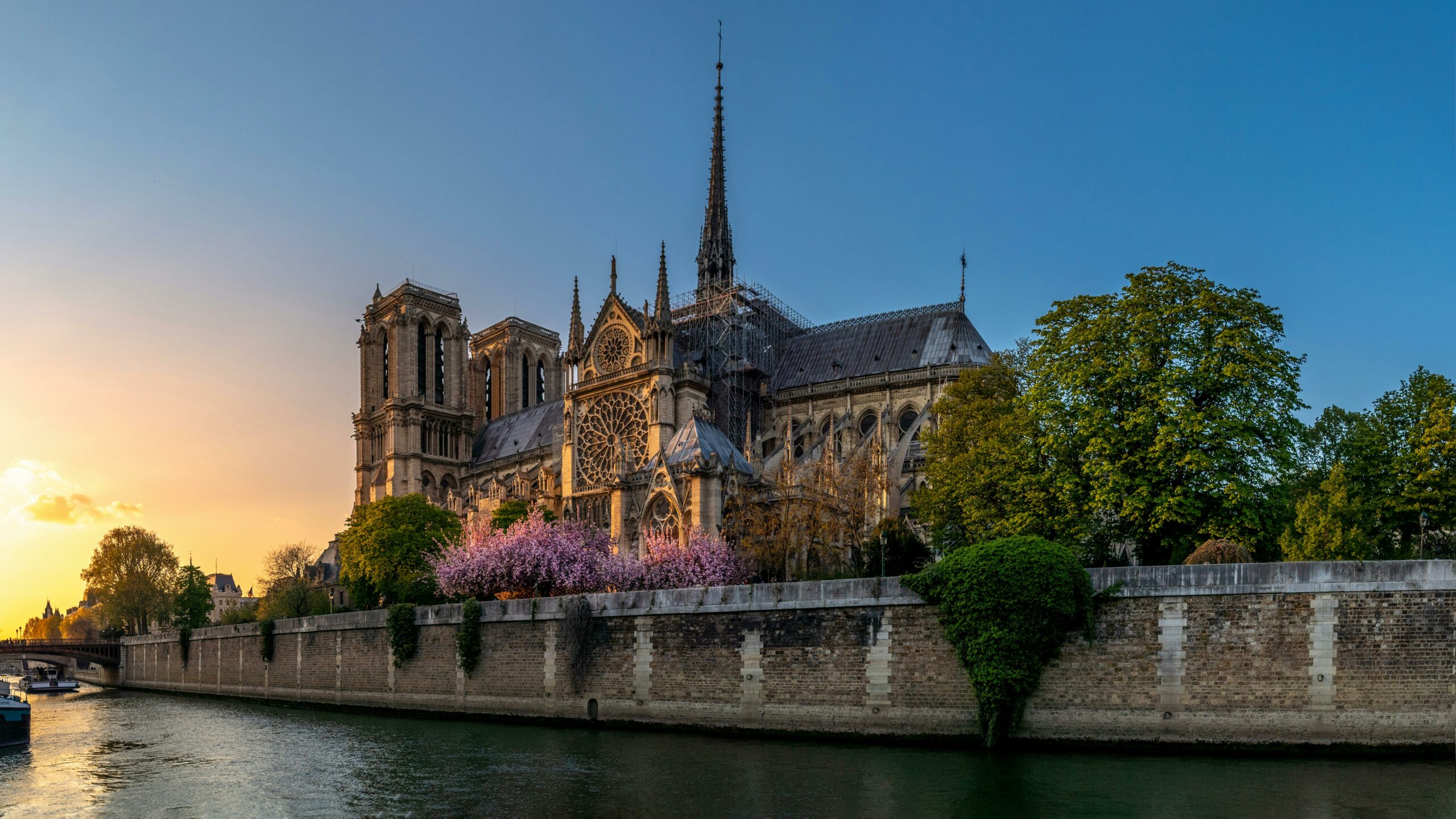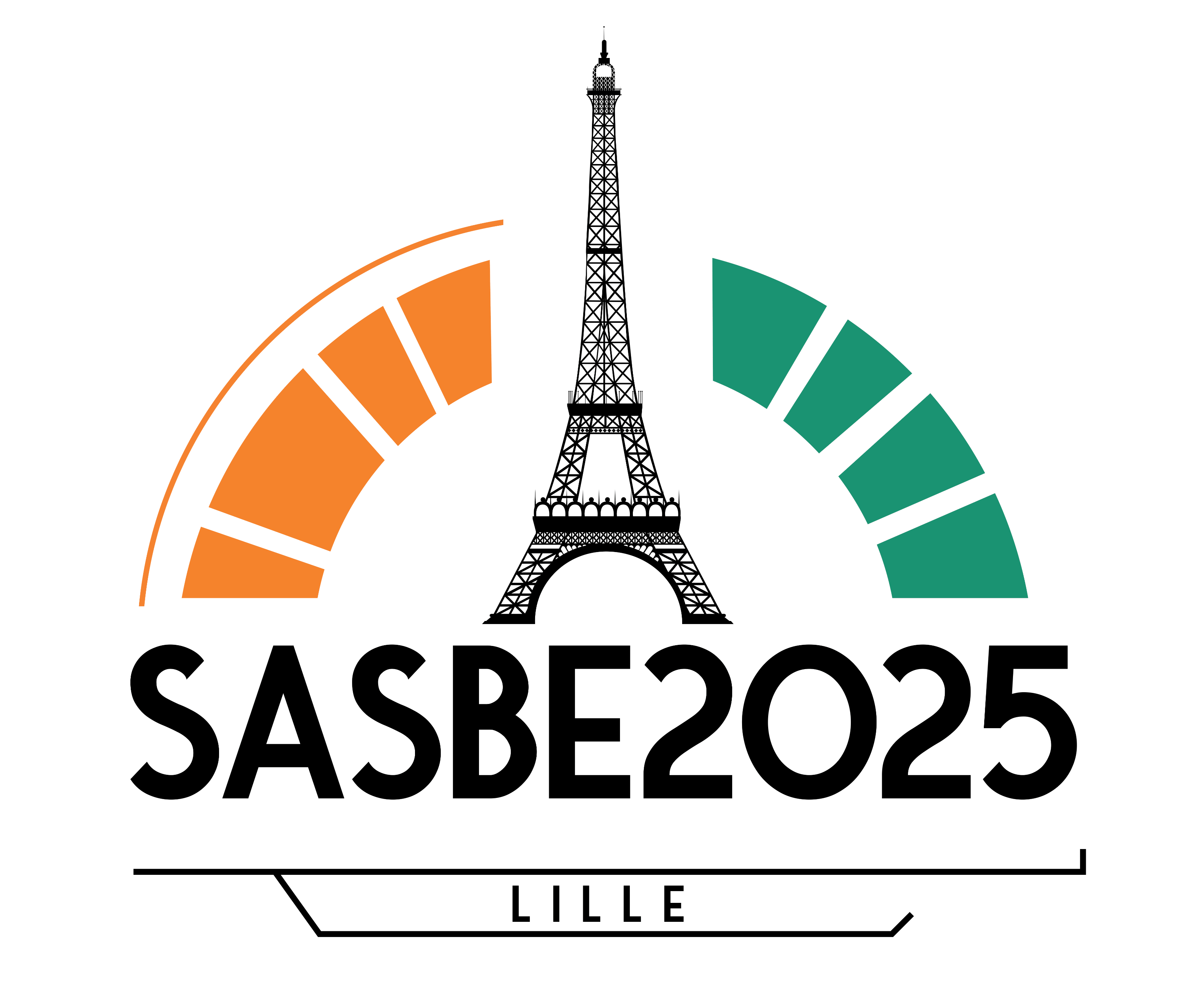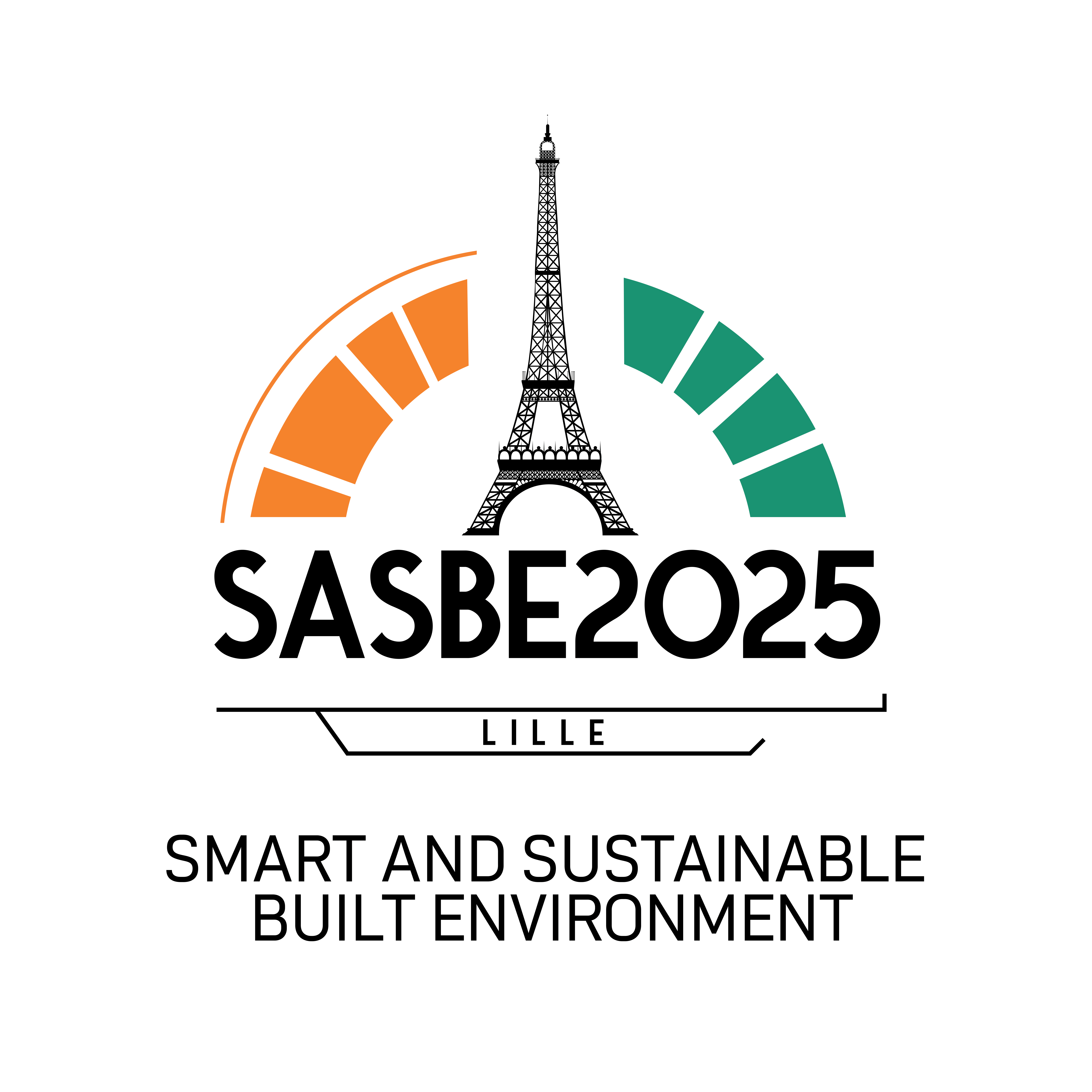SASBE 2025
Lille, France
Smart and Sustainable Built Environment
Lille – France | 3rd to 5th November 2025

Prof. Dr. Martin Fischer
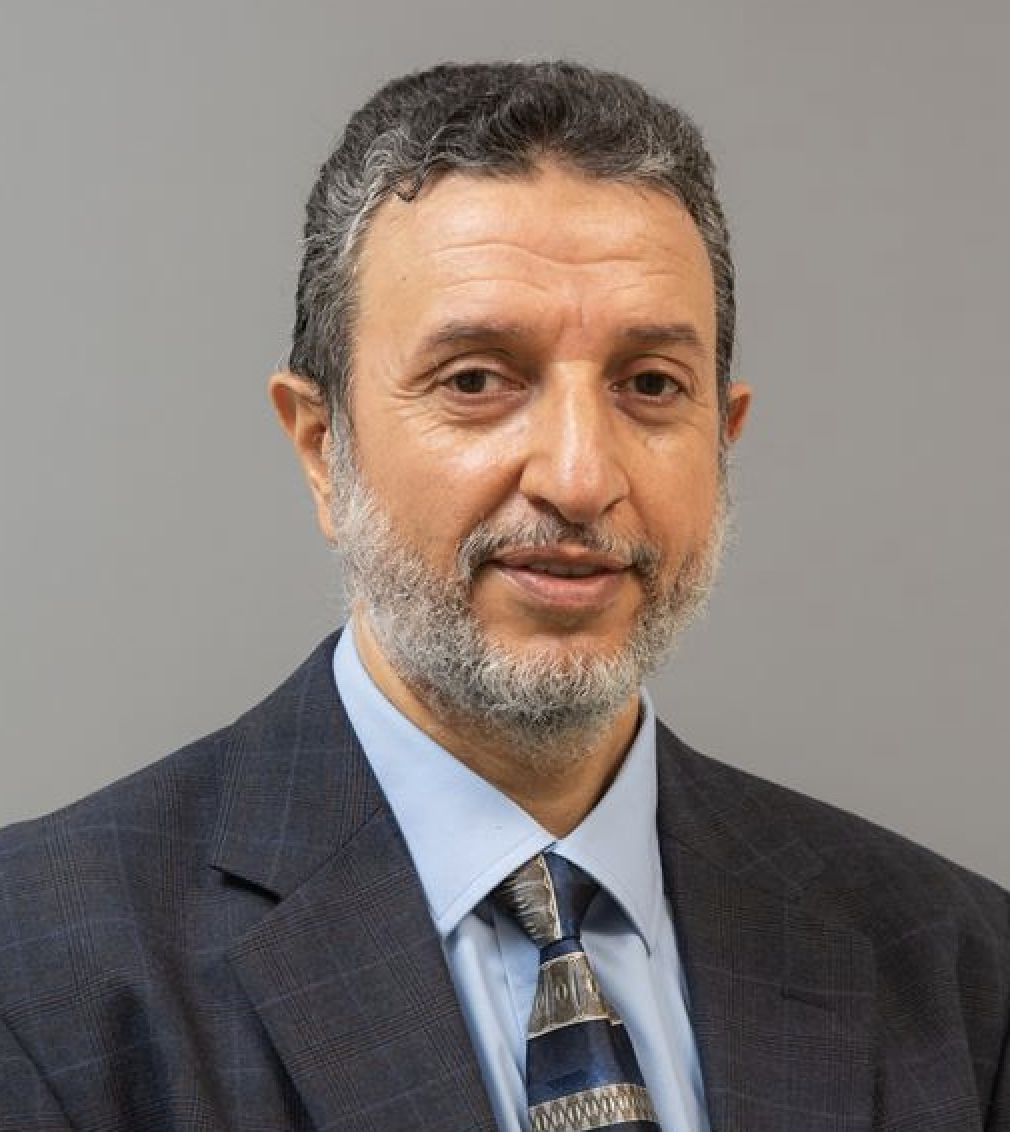
Prof. Dr. Tarek ZAYED
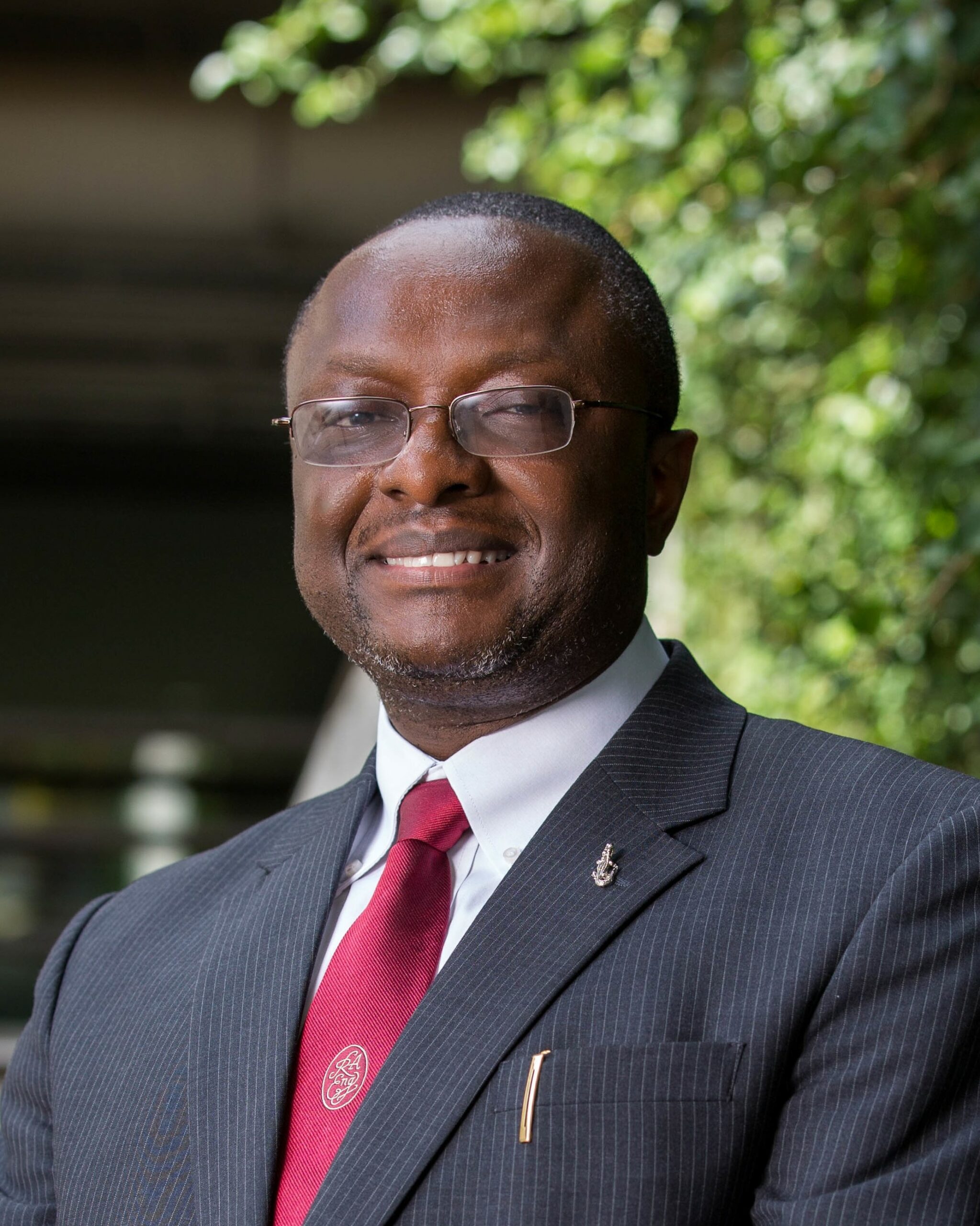
Prof. Dr. Chimay ANUMBA

Prof. Dr. Ioannis BRILAKIS
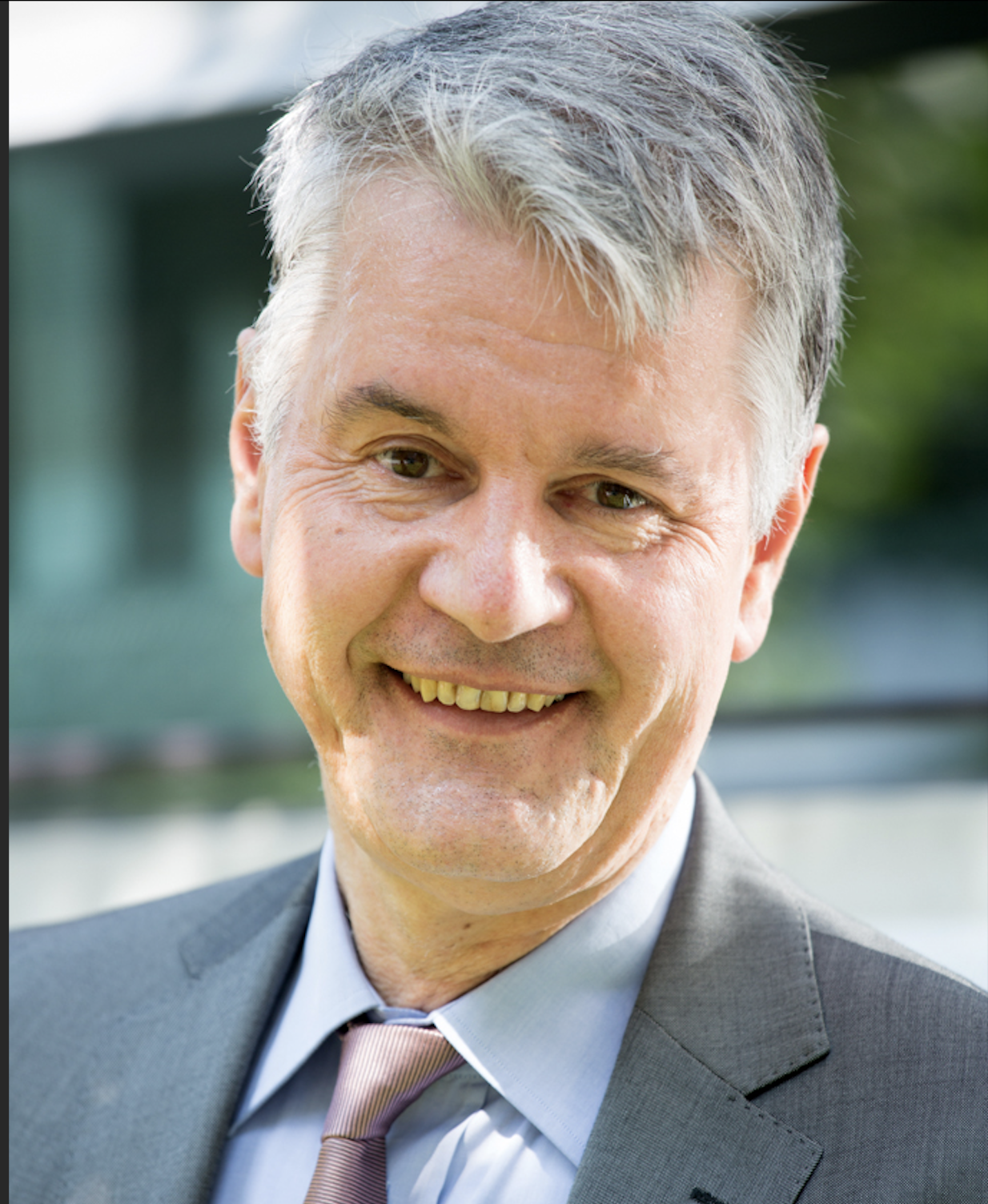
Prof. Dr. Thomas BOCK
Important deadlines to consider
- Camera Ready Paper Submission: 15 October 2025
- Notification of Final Acceptance of Papers: 20 October 2025
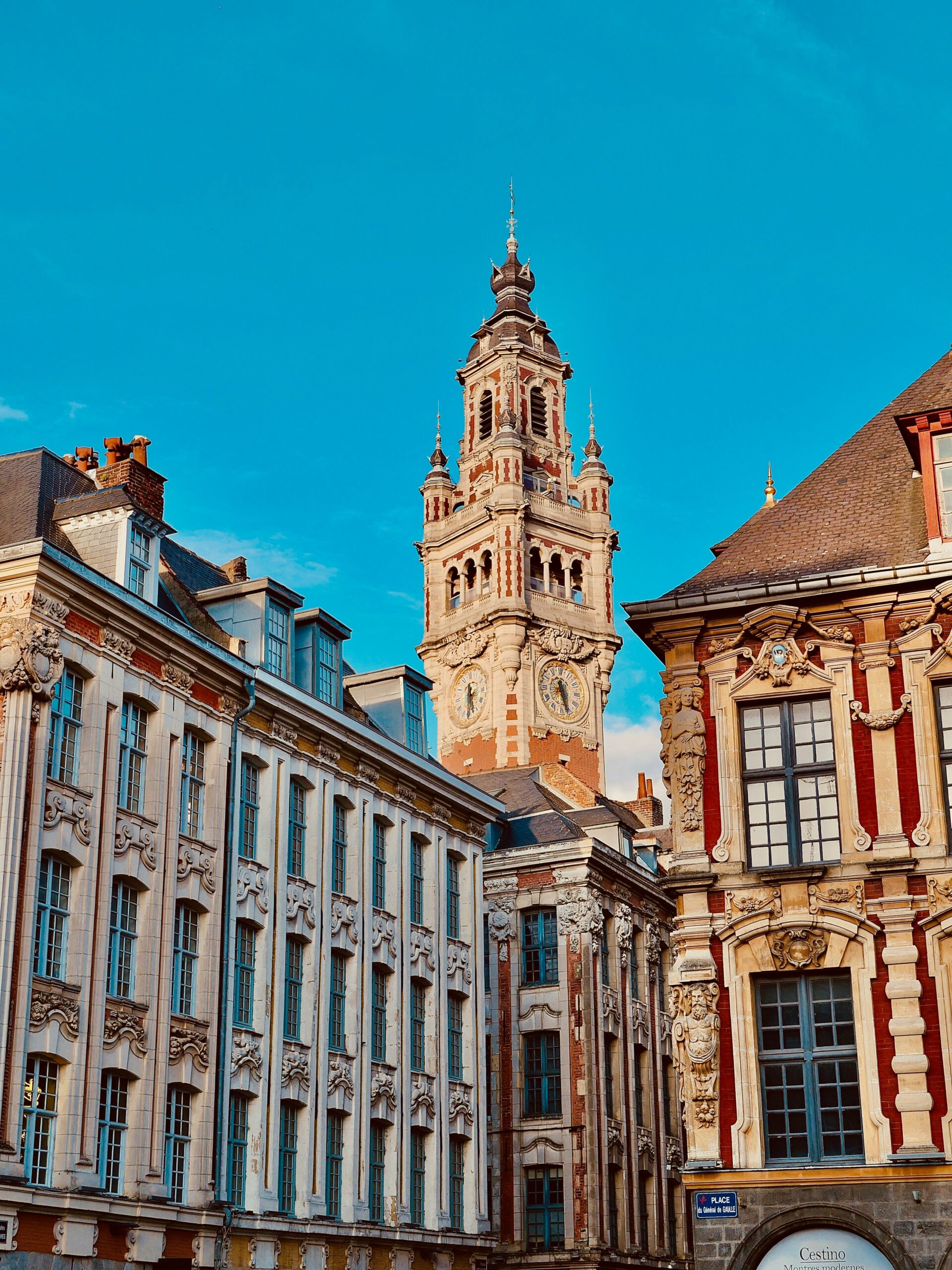
About
The Smart and Sustainable Built Environment (SASBE) journal has emerged as an authority in the field, hosting cutting-edge research on intelligent and sustainable building practices. It has achieved a remarkable milestone in the Scopus CiteScore tracker (over 12), positioning itself as the number one journal in architecture and cultural studies and ranking among the top 10 in civil and construction engineering based on Scopus data.
Additionally, SASBE Conference Series is one of the flagship events representing CIB W116, the largest and one of the oldest commissions of the International Council for Research and Innovation in Building and Construction (CIB).
CIB W116 focuses on the integrated development of intelligent and sustainable aspects of the built environment, promoting high-performance and innovative solutions for improved sustainability. Its work program includes organising CIB-SASBE conferences and facilitating knowledge dissemination on research and best practices through conference proceedings.
As a global network of building and construction professionals, CIB enhances industry performance through international collaboration and information exchange. Founded in 1953, it plays a pivotal role in advancing research and innovation in the built environment. By fostering multidisciplinary approaches that consider functional use and interaction with the natural environment, CIB continues to drive progress in sustainable and intelligent construction solutions.
Theme: Building renovation and
restoration
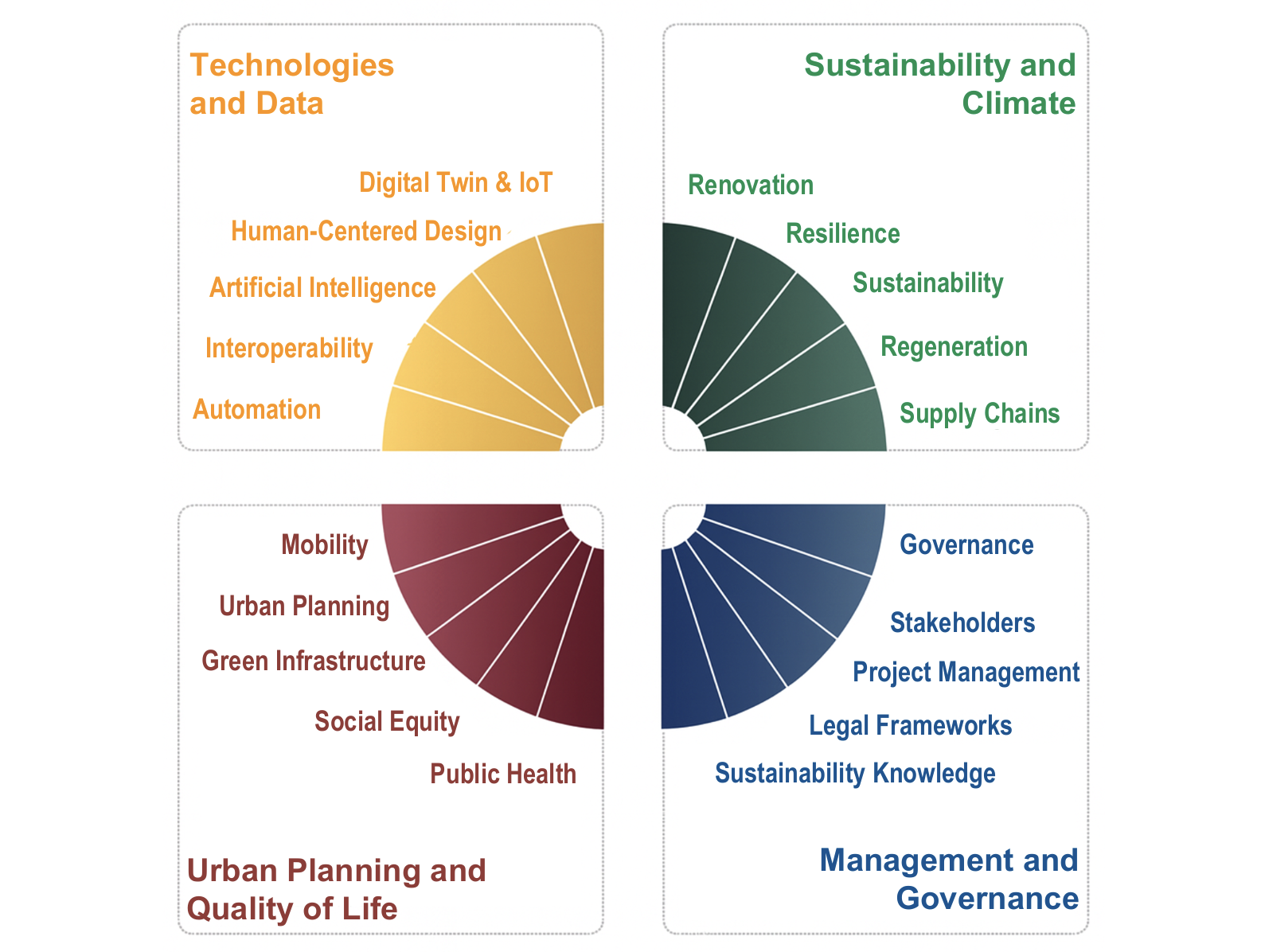
Cluster 1 – Technologies and data for the built environment
Focused on digital technologies, artificial intelligence, and automation applied to construction and urban planning.
-
Optimizing the Built Environment through Data-Driven Approaches
Develop approaches that leverage large-scale data analysis to enhance building and urban performance
(data science, machine learning, deep learning, transfer learning, data-driven approach)
-
Integrating Artificial Intelligence into Construction and Urban Systems
Apply AI to automate, predict, and improve design, management, and operational processes in the built environment.
(artificial intelligence, machine learning)
-
Smart Automation for Construction and Urban Planning
Implement intelligent automation systems to streamline planning, execution, and monitoring of construction and urban development projects.
(automation applied to construction and urban planning)
-
Digital Twins and Connected Technologies for Smart Cities
Deploy real-time synchronized digital tools to monitor, simulate, and manage buildings and urban infrastructures.
(digital twins, smart technologies, Internet of Things (IoT), networks of sensors, intelligent agents)
-
Open Standards and Automation in Architectural Design
Promote interoperability and quality control through the use of open digital standards in architectural design and code compliance.
(OpenBIM, linked data, semantic web, automating design and code-checking)
-
Human-Centered Design through Immersive Technologies
Design built environments that integrate human perception, comfort, and behavior using immersive tools.
(people-centered design systems, virtual reality, cognitive tools)
Cluster 2 – Sustainability, climate, and ecological transition
-
Sustainable Renovation for a Low-Carbon Built Environment
Promote large-scale renovation strategies that prioritize energy efficiency, environmental performance, and the extension of building life cycles.
(building renovation and restoration, green renovation, sustainability strategies)
-
Designing for Climate Resilience and Risk Adaptation
Develop construction methods and urban strategies capable of withstanding the impacts of climate change while ensuring long-term durability.
(climate change adaptation and mitigation, resilient structures, climate resilience)
-
Smart and Regenerative Design for Future-Proof Cities
Integrate sustainability into the full life cycle of buildings and infrastructures through intelligent design, sustainable operation, and regenerative transformation.
(smart and sustainable design, construction and operation of new built facilities, regeneration of existing ones)
-
Scaling Sustainability Across Urban Systems
Apply sustainability principles beyond individual buildings to entire neighborhoods, infrastructures, and urban communities, ensuring systemic and inclusive impact.
(sustainable buildings, infrastructure, districts, cities, and the community)
-
Innovative and Responsible Construction Supply Chains
Restructure supply chains to support sustainability goals through innovation, circularity, and reduced environmental footprints.
(sustainable or innovative supply chains in the built environment)
Cluster 3 – Sustainable Urban Planning and Quality of Life
-
Integrated Urban Planning for Sustainable Cities
Design urban environments that balance growth, livability, and environmental responsibility through holistic and adaptive planning.
(sustainable urban development, urban planning, design and infrastructure adaptation, urban sustainability solutions)
-
Green and Inclusive Mobility Systems
Develop urban transport solutions that reduce emissions, improve accessibility, and enhance the quality of urban life.
(sustainable urban transport/mobility)
-
Urban Nature and Multispecies Coexistence
Reintroduce biodiversity and natural systems into cities to support human and non-human wellbeing.
(urban greening, design for multispecies and wellbeing in urban and peri-urban environments)
-
Health-Centered Urban Environments
Promote urban settings that support public health, reduce environmental risks, and foster well-being across populations.
(public health in urban communities)
-
Equity, Participation, and Urban Governance
Ensure that urban development is socially inclusive, participatory, and responsive to diverse community needs.
(social aspects of urbanization, social equity, urban governance and policy)
Cluster 4 – Management, Governance, and Knowledge
-
Strategic and Operational Management in Construction and Engineering
Strengthen project delivery through advanced methods in project management, safety, logistics, and scheduling to enhance efficiency and resilience.
(construction & engineering project management, health & safety, logistics, scheduling)
-
Integrating Indigenous and Contextual Approaches to Sustainability
Value and incorporate indigenous knowledge and culturally rooted practices in the design and governance of sustainable built environments.
(indigenous design and sustainability)
-
Sustainable Knowledge and Innovation Governance
Promote the structured management and dissemination of knowledge to support innovation, sustainability, and informed decision-making across the built environment.
(management of information and knowledge on innovation and sustainability)

3 days
X Speakers

Event Schedule
Monday
03
08:30
Tuesday
04
08.30am
Wednesday
05
08.30am
Our Partners
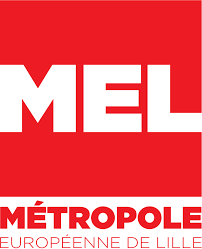
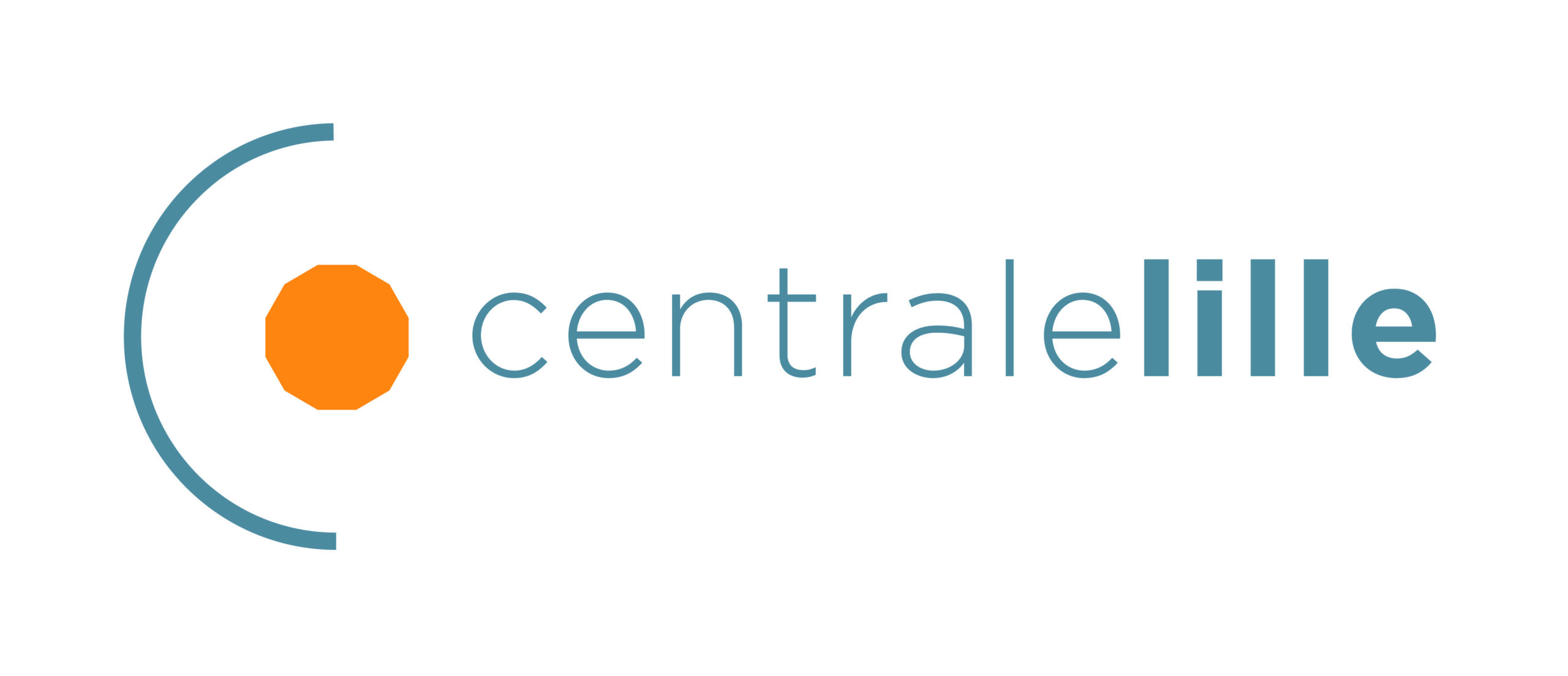
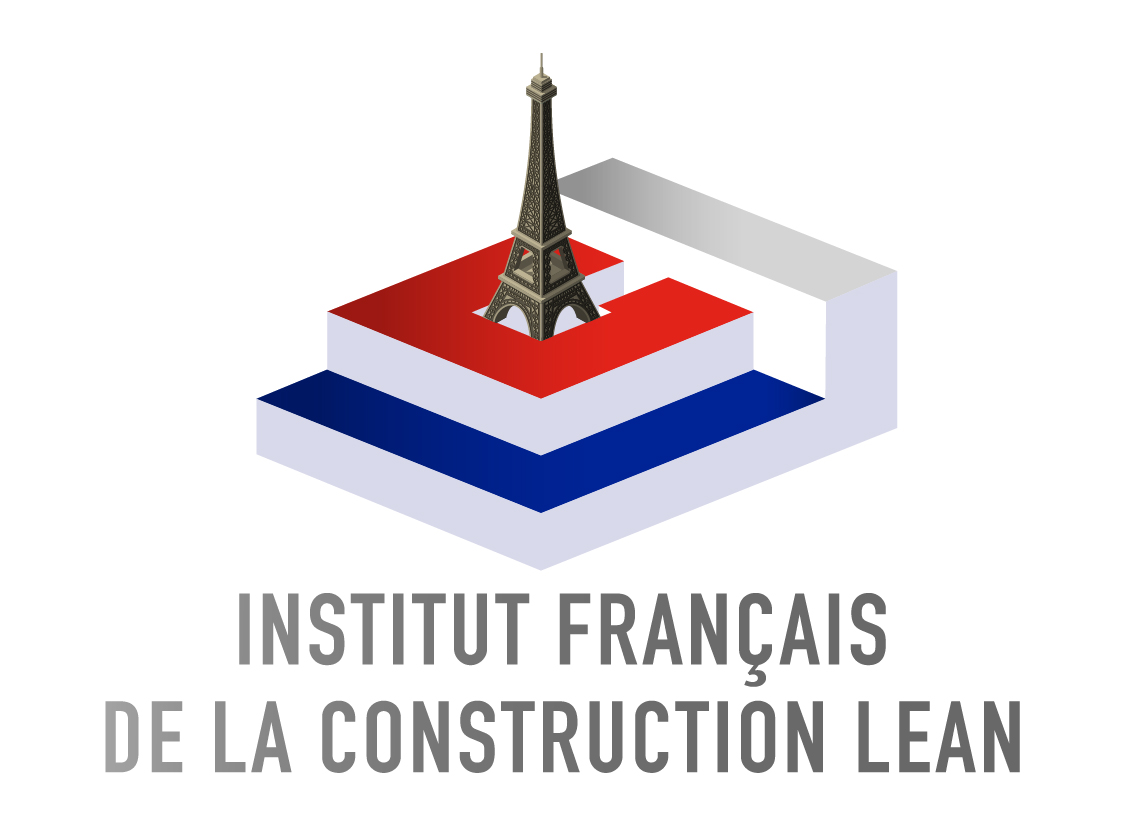
Conference Fees
Deadline 24 October 2025
Standard Delegate Registration
1050€
Gala Dinner 4th of November + 100€
Conference 3rd to 5th November
Student Delegate Registration
550€
Gala Dinner 4th of November + 100€
Conference 3rd to 5th November
